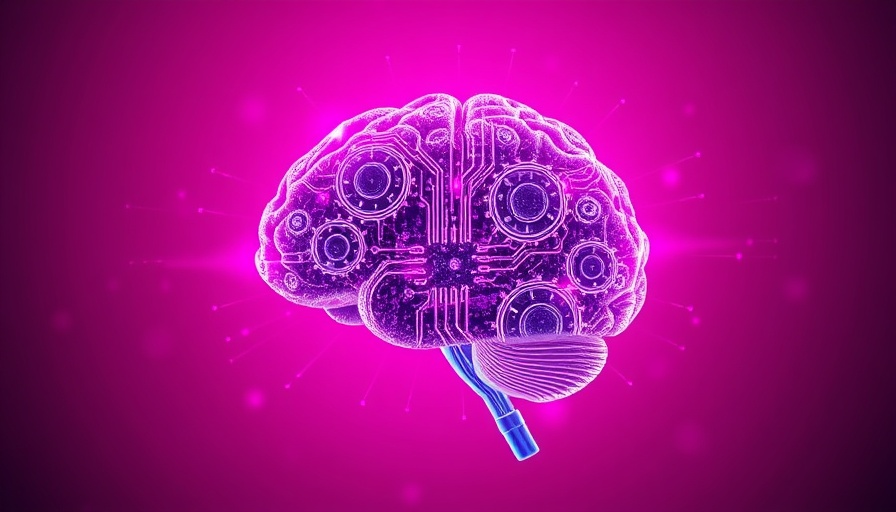
States Take Action to Safeguard Brain Data
With advancements in technology, states like Colorado, California, and Montana are stepping up to protect sensitive brain data collected through everyday devices. From headphones that track sleep patterns to wearable tech that monitors focus, the growing prevalence of neurotechnology brings concerns about how this data is used. Recent legislation aims to ensure that consumer information remains private and safeguarded against misuse.
Understanding the Risks of Brain Data Collection
A report by the Neurorights Foundation revealed alarming practices where 29 out of 30 companies selling neurotechnology products have unrestricted access to consumer brain data, often sharing it with third parties. As technology progresses, devices that only track basic metrics today could evolve to extract far more personal information in the future, posing risks to privacy and personal autonomy.
Experts Call for Strict Regulations
The American Medical Association recently urged for enhanced regulations governing neural data, aligning with growing concerns from lawmakers. With neurotechnology increasingly being at the forefront of health innovation, ensuring consumer protections in data privacy has become essential.
Intersection of AI and Neural Data Privacy
As artificial intelligence continues to develop, its integration with neurotechnology raises further ethical questions. Sean Pauzauskie, a medical director at the Neurorights Foundation, notes that the primary goal of recent laws is to protect neural data itself rather than the algorithms that might interpret it. The challenge lies in ensuring data usage is ethical and that individuals have a clear say in whether their information contributes to AI training.
A Global Perspective on Neurorights
Looking beyond the U.S., Chile made headlines by adopting constitutional amendments for neurorights, establishing a framework that prioritizes human rights in neurotechnology development. This forward-thinking approach highlights emerging global dialogues surrounding privacy and technology, an essential conversation as international regulations begin to take shape.
Empowering Individuals Through Awareness
Advocates stress the importance of consumer education on brain data collection practices. Understanding how companies collect and use data can empower individuals to make informed choices about the technologies they utilize in their daily lives. With growing anxiety about data privacy, knowledge about protective measures can instill confidence in using these life-enhancing devices.
Essential Practices for Wellness and Protection
As technology evolves, adopting a holistic approach to health and wellness remains crucial for individuals of all ages. Prioritizing self-care practices and maintaining a balanced lifestyle can mitigate stress while supporting mental health. Incorporating simple health strategies, such as practicing mindfulness meditation or engaging in daily fitness routines, helps foster positive well-being that complements the responsible use of technology.
Future of Neurotechnology and Health Rights
The momentum behind neural data protection highlights an intersection of technology and ethics that will shape future discussions on personal rights. As more states propose their own regulations, individuals may find themselves better protected while navigating the exciting potential of neurotechnology. Balancing innovation with personal autonomy and privacy is paramount as we stride into a future where brain data plays an integral role in health and wellness.
Incorporating healthy lifestyle habits can also contribute to overall well-being; focusing on balanced diet plans, stress relief strategies, and adopting natural health tips are ways to empower individuals long into the future. Awareness of these practices and rights will only enhance life quality in an increasingly digital world.
 Add Element
Add Element  Add Row
Add Row 



Write A Comment